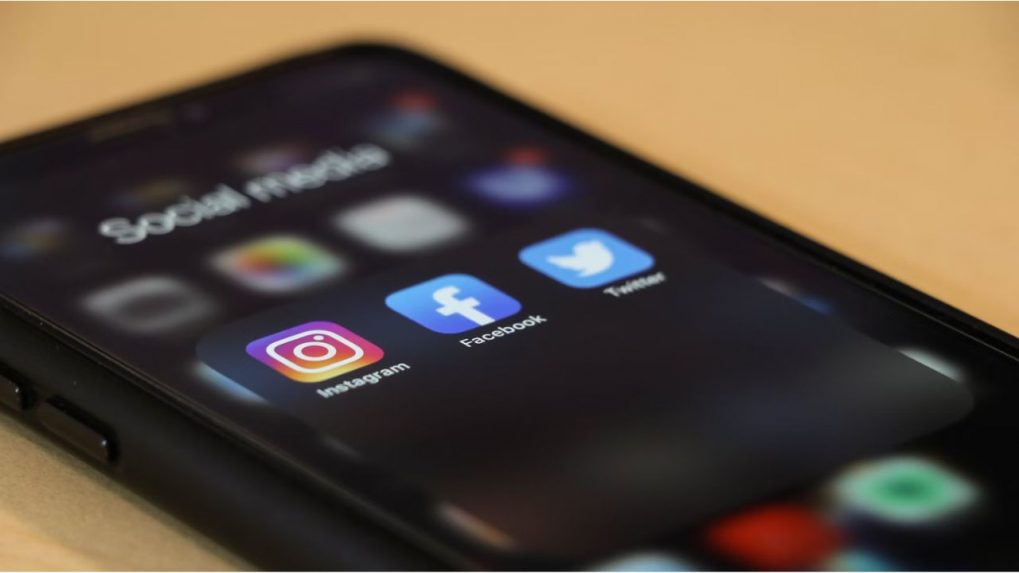Australia launches 'landmark' bill to ban social media for kids under 16
Australia moves to set a global precedent with a proposed law banning social media for children under 16, enforcing strict age verification and hefty fines for non-compliance.
ADVERTISEMENT
Australia's centre-left government introduced a bill on Thursday that seeks to ban social media access for children under the age of 16, as per reports.
This proposed law, described as one of the toughest of its kind globally, includes hefty lines of up to A$49.5 million ($32 million) for social media platforms that fail to comply with age-verification requirements.
The bill proposes a trial of an age-verification system, which could include biometric data or government identification, to ensure that children cannot bypass the age restrictions. The measures are among the most stringent controls any country has ever proposed, with no exemptions for parental consent or pre-existing accounts.
Prime Minister Anthony Albanese heralded the legislation as a landmark reform, emphasizing that while some children may still find ways around the rules, the government was sending a strong message to social media companies to "clean up their act."
The law would directly impact major platforms such as Meta's Instagram and Facebook, Bytedance’s TikTok, X (formerly Twitter), and Snapchat. Despite these concerns, Albanese reassured the public that children would still have access to messaging, online gaming, and educational services, including mental health platforms like Headspace and Google Classroom.
In a similar move, France has previously proposed a ban on social media for those under 15, but with allowances for parental consent. In the United States, technology companies are required to seek parental approval for children under 13 to access their data. However, Australia’s policy stands out due to its higher age limit and strict enforcement measures.

